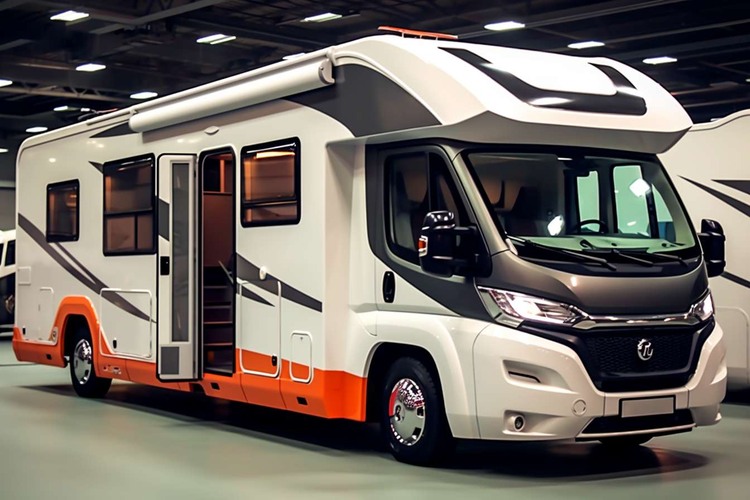What You Need to Know About RV Living and Travel Options
RV living represents a lifestyle choice that combines mobility with comfort, allowing individuals to explore various destinations while maintaining the conveniences of home. This travel option has gained significant attention as more people seek flexible living arrangements and alternative ways to experience different locations. Understanding the key aspects of RV life helps in making informed decisions about whether this lifestyle aligns with personal goals and preferences.

How Does RV Living Offer Travel Freedom and Flexibility?
RV living provides the unique ability to change locations at will while maintaining a consistent living space. This lifestyle allows travelers to stay closer to nature in campgrounds and RV parks, or explore urban areas with dedicated RV facilities. The freedom to work remotely while traveling has made RV living increasingly practical for professionals seeking location independence. Additionally, RV travelers can adjust their plans based on weather conditions, local events, or personal preferences without the constraints of hotel bookings or lease agreements.
What Are the Different Types of RVs Available?
Class A motorhomes are the largest option, resembling a bus in size and offering extensive living space. Class B vehicles, often called campervans, provide a more compact solution suitable for solo travelers or couples. Class C motorhomes offer a middle ground, combining reasonable living space with easier maneuverability. Travel trailers and fifth wheels require a separate towing vehicle but often provide more living space for the cost. Each type serves different needs and comfort levels, making it essential to evaluate personal requirements before making a selection.
What Costs and Maintenance Requirements Should You Consider?
The financial aspects of RV living encompass various elements that require careful consideration:
| RV Type | Initial Cost Range | Average Annual Maintenance |
|---|---|---|
| Class A | $60,000-$200,000+ | $5,000-$8,000 |
| Class B | $40,000-$125,000 | $3,000-$6,000 |
| Class C | $50,000-$150,000 | $4,000-$7,000 |
| Travel Trailer | $15,000-$75,000 | $2,000-$4,000 |
Prices, rates, or cost estimates mentioned in this article are based on the latest available information but may change over time. Independent research is advised before making financial decisions.
What Lifestyle Adjustments Does RV Living Require?
Transitioning to RV living requires significant lifestyle adaptations. Space management becomes crucial, necessitating careful organization and minimalist living practices. Understanding campground etiquette, learning basic maintenance skills, and adapting to varying weather conditions are essential aspects of the lifestyle. Planning for necessities like water conservation, waste management, and power usage becomes part of daily life. Additionally, maintaining connectivity for work or communication may require specialized equipment or careful location planning.
How Can You Prepare for Full-Time RV Living?
Preparation for full-time RV living involves several key steps. Start by researching different RV types and visiting dealerships to understand various layouts and features. Consider taking RV driving courses to build confidence in handling larger vehicles. Develop a maintenance schedule and emergency plan for common issues. Research camping memberships and overnight parking options to manage costs effectively. Additionally, consider insurance requirements, mail forwarding services, and healthcare access while traveling.
RV living combines the comforts of home with the adventure of travel, offering a unique lifestyle option for those seeking mobility and independence. Success in this lifestyle depends on thorough preparation, understanding of the associated costs and responsibilities, and willingness to adapt to a more flexible way of living. While challenges exist, proper planning and realistic expectations can lead to a rewarding experience exploring new destinations while maintaining the convenience of a mobile home.




